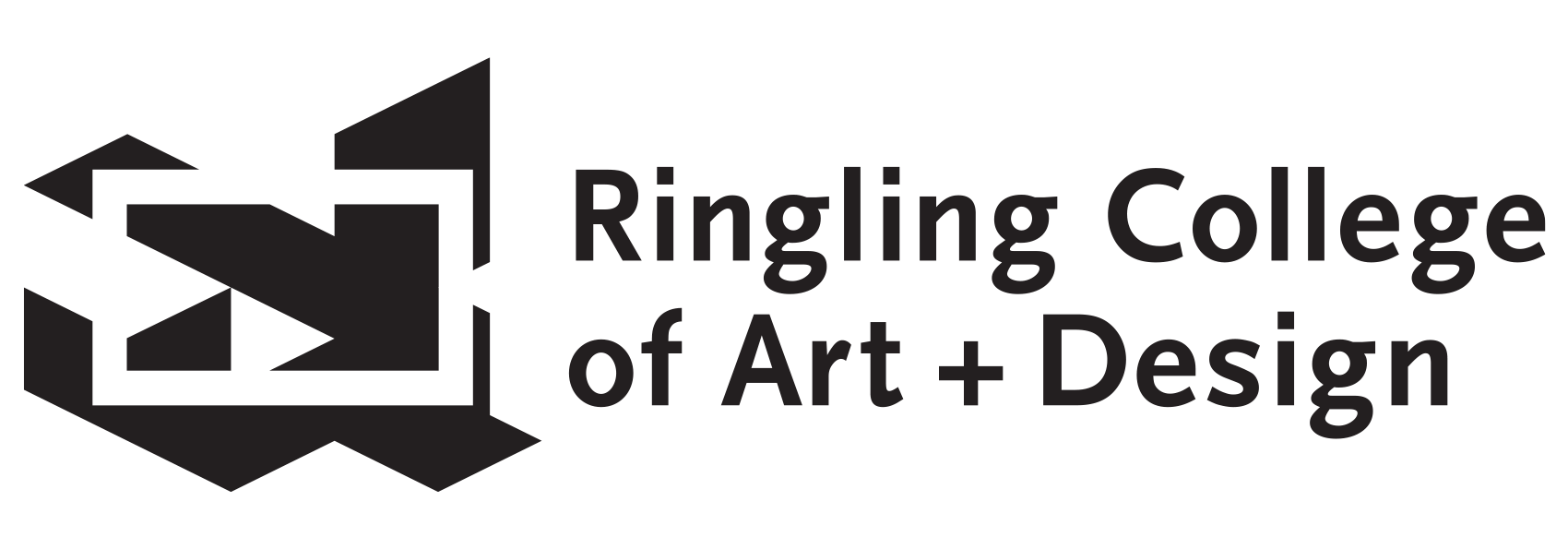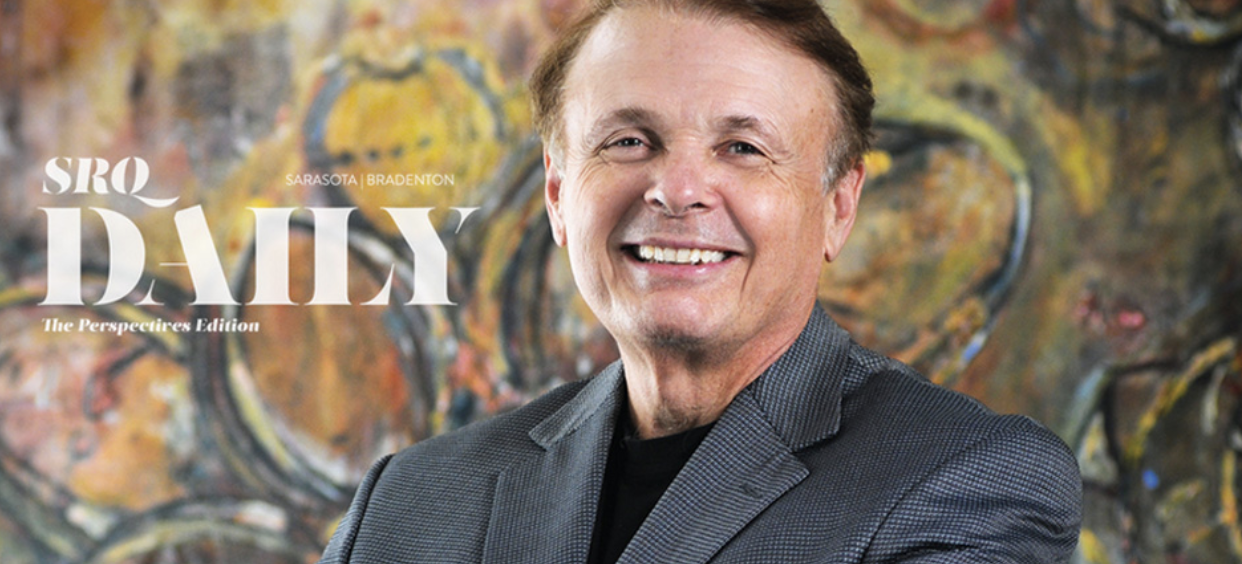The Intersection of Data and Creativity
BY DR. LARRY THOMPSON
Reposted from SRQ Daily article 2/25/17
There are plenty of misconceptions and myths about creativity. For example: “It’s magic.” “It’s random.” “It just comes to you.” Or the common remark, “Some people have it; some don’t.”
One of the most dangerous misconceptions is that thinking creatively does not demand research, data or analysis. On the contrary, creative problem solving is at its best when it springs from knowledge and preparation.
Ringling College of Art and Design, and all other members of the Association of Independent Colleges of Art and Design in our country, educate emerging artists and designers in this school of thought: creativity is a skill that is based on having a solid foundation of knowledge and discipline.
Earlier this week, Jared Cohen, president of the Google-owned company Jigsaw, addressed an audience of over 1,600 people at the Ringling College Library Association’s Town Hall Lecture Series at the Van Wezel Performing Arts Hall. Cohen, former staffer for both Condoleezza Rice and Hillary Clinton, laid out the ideas he’s gleaned from his experience about the future of technology and the omnipresence and ever-important role of data in our society.
In essence, he forwarded the ideas that technology, data and the digital world are rapidly becoming one with our physical world—and that we should embrace the evolution. More succinctly, he claimed, “Data is the new oil.” This comes as no surprise, since it was the founder of the think tank Google Ideas who said it.
Such a statement may ring familiar. When I speak about creativity and its importance to our future economy, I often use the phrase, “Creativity is the new oil.” After all, it fuels and bolsters every successful industry and company on our planet. Creative thinking will always be in demand—today more than ever. And the key to creative thinking? Steeping ideas in data and information. The more we know about our audiences, our products, our services, our goals and our results, the more refined and targeted our creative ideas can be. Without a doubt, “data” and “creativity” work hand in hand to fuel our economy.
This ideology is reflected in every facet of our programs, facilities, and curriculum at Ringling College. Our students, who are among the most successful creatives, will enjoy and accept the ever-changing data climate we live in. They will stay at the forefront of their industries by utilizing every piece of information they can get their hands on. While somewhat perplexing, the beauty lies in the intersection of data and creativity, and the fact that their delicate balance will drive our future.
Dr. Larry R. Thompson is president of Ringling College of Art and Design.



